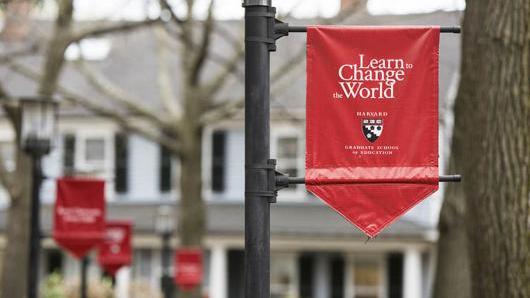Moral Leadership in a Troubled Time: Lessons from the Life of John Rabe

- Introductory

Present moral and ethical arguments found in course materials, applying HGSE-developed analytic lenses
Evaluate the moral solutions presented within John Rabe’s story
Critically evaluate moral perspectives from differing points of view, including learning to appreciate moral disagreements and ambiguities
Make deliberative moral judgments that lead to action, while assessing risk and harm
Understand adaptive leadership, examining what makes a moral dilemma, pro-social learning, and best course of action
Demonstrate moral and ethical literacy
What makes a challenge a moral challenge? What do moral challenges look like, when do they surface, and how are they best understood by organizations? How do organization leaders and members recognize the moral challenges that arise against the backdrops of politics, history, education, and economics?
In a time of unprecedented political divisiveness at home, coupled with international polarization and the rise of fascism, the life of German businessman John Rabe offers contemporary audiences powerful insights into moral leadership. Employed by the Siemens Corporation in Nanking, China, Rabe was present in 1937 when the Japanese Imperial Army seized the capital of the Republic of China during the second Sino-Japanese War. The army committed unspeakable atrocities within the city in what became known as the Nanking Massacre. Rabe and his associates helped save the lives of some 200,000 Chinese citizens at a time when Chinese officials, businesspeople, and the international community abandoned Nanking -- leaving Chinese citizens to a horrifying fate.
John Rabe’s story is not widely known, and this new program will analyze the lessons learned using formative work on moral development pioneered at the Harvard Graduate School of Education. In this four-week online workshop participants explore stories, research, and academic scholarship surrounding Rabe’s example of moral leadership in Nanking, with more contemporary moral exemplars as well. All work is conducted asynchronously.